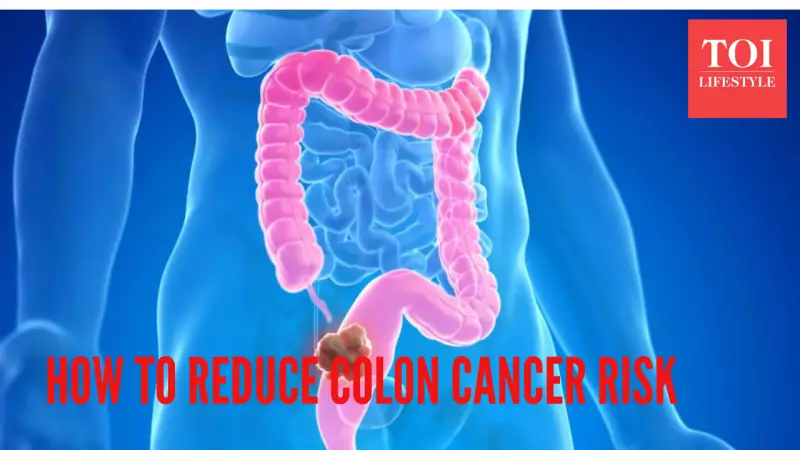
Colon Cancer: The Silent Threat Targeting Younger Adults
Colon cancer has emerged as one of the world's most prevalent cancers, with alarming rates now appearing in people under 45 years old. This condition begins when cells in the colon or rectum grow uncontrollably, often starting as small polyps. While genetics can play a role, Harvard doctor-scientist Dr. Trisha Pasricha, MD, MPH emphasizes that everyday lifestyle habits we often consider harmless actually contribute significantly to colon cancer risk over time.
5 Lifestyle Changes to Slash Your Colon Cancer Risk
Avoid alcohol completely as research consistently shows even light drinkers face higher colon cancer risk. Alcohol gradually damages your colon lining, triggers inflammation, and increases cancer-causing substances in your digestive tract. Experts particularly recommend quitting alcohol if you have a family history of colon cancer.
Eliminate processed meats including bacon, ham, and sausages from your diet. Studies indicate people who regularly consume processed meats have approximately one-third higher colon cancer risk compared to those who rarely eat them. The chemicals in these meats damage colon cells over time, creating ideal conditions for cancer development. Switching to fish, chicken, or plant-based proteins significantly reduces your risk.
Cut out ultra-processed foods like packaged snacks, instant noodles, and sugary cereals. Men consuming six or more servings daily show increased colon cancer risk. These foods contain additives that disrupt your gut microbiome and spark inflammation, potentially leading to cancer. Choosing whole, unprocessed foods instead strengthens your colon and improves overall gut health.
Replace sugary drinks including soft drinks and sweetened teas with water, unsweetened tea, or fruit-infused water. These beverages promote inflammation and weight gain while causing blood sugar spikes that damage colon cells. Recent studies particularly highlight increased risk for women drinking one or more sugary beverages daily.
Reduce sitting time and incorporate movement throughout your day. People sitting more than five hours continuously daily face higher colon cancer risk, regardless of exercise habits. Television watching independently increases risk. Simply standing up every hour for brief stretches or short walks can significantly lower your colon cancer probability.
5 Uncommon Warning Signs You Should Never Ignore
Unexplained weight loss of more than five percent body weight over six to twelve months could signal colon cancer. Tumors consume body nutrients and release metabolism-altering chemicals, causing unexpected weight reduction even without other symptoms.
Iron-deficiency anemia especially in people over fifty or postmenopausal women may indicate colon cancer. Tumors can cause subtle, chronic bleeding that doesn't appear in stool but leads to anemia symptoms like fatigue, pale skin, and dizziness.
Chronic nausea and vomiting might develop when advanced colon cancer causes bowel obstruction. When accompanied by constipation, abdominal cramping, or swelling, these symptoms warrant immediate medical evaluation.
Jaundice appearing as yellow skin and eyes suggests colon cancer may have spread to the liver. This serious sign often comes with dark urine and pale stools and requires urgent medical attention.
Frequent infections and unexplained fevers can occur when colon tumors weaken the immune system or cause abscesses. When infections persist despite treatment or recur frequently, underlying causes like cancer should be investigated.
Protecting Your Colon Health for the Long Term
Dr. Pasricha's recommendations highlight that simple, consistent lifestyle changes can dramatically reduce colon cancer risk. Being aware of both common and uncommon symptoms ensures earlier detection and better outcomes. With colon cancer increasingly affecting younger populations, these preventive measures become crucial for maintaining long-term digestive health and overall wellbeing.






